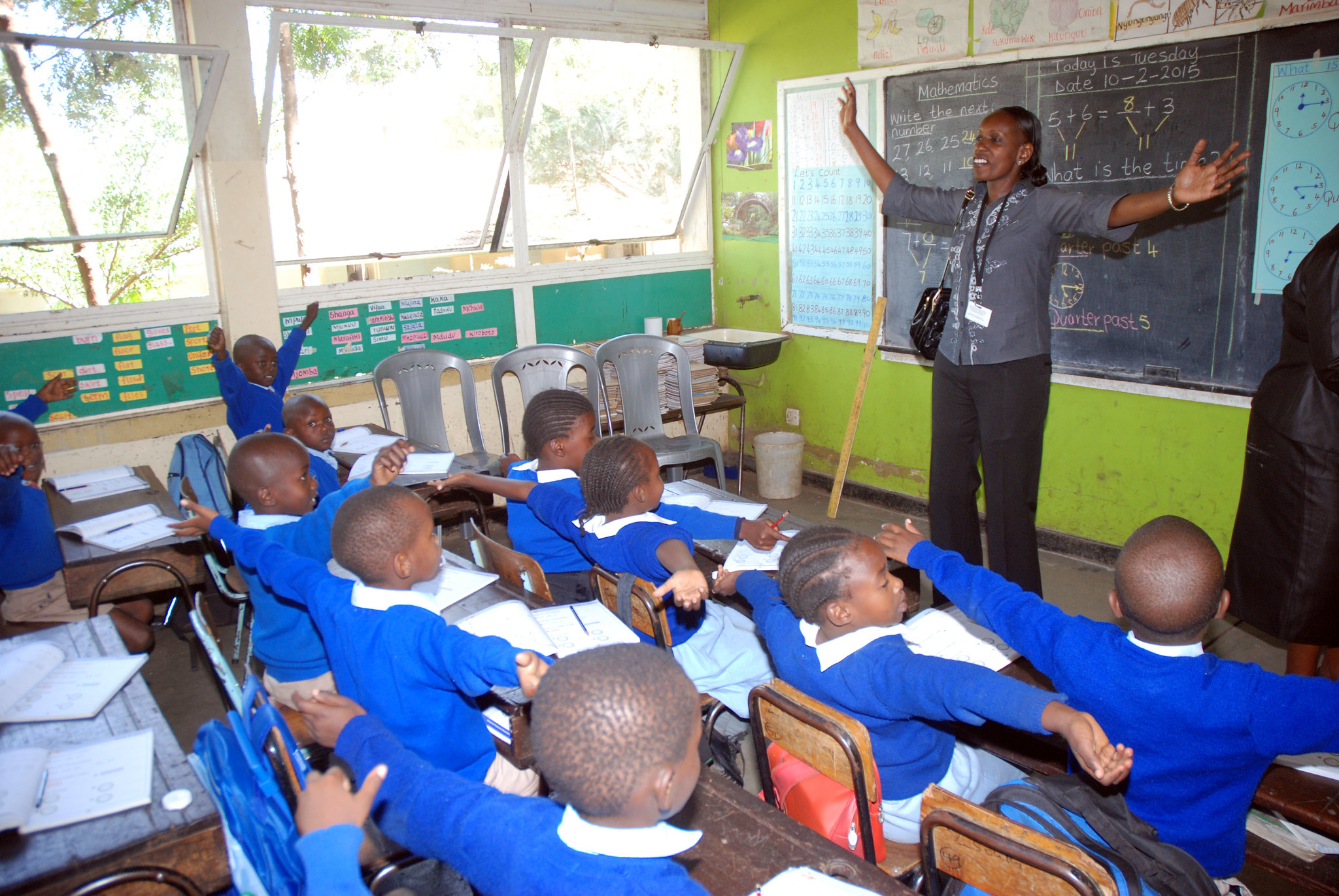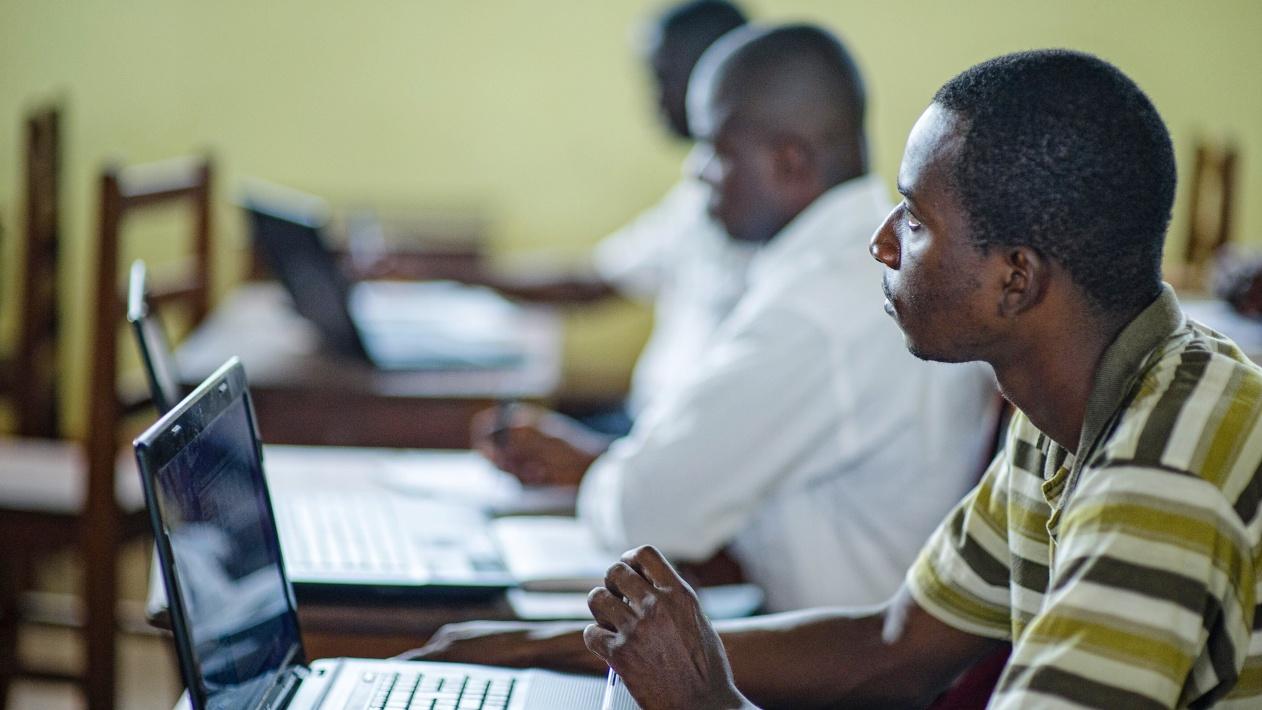School-based education holds sway in post-genocide Rwanda, Timothy P. Williams of University of Bath explores the views of young school children about their lives. This post is based on a recent LSE Africa seminar presentation.
Rwanda’s post-genocide recovery and redevelopment efforts have concentrated on establishing a new economic trajectory—one which places emphasis on macroeconomic stability, wealth creation, and transformation to a formally-educated, knowledge-based economy. The rapid uptake of schooling can be partially attributed to the government’s efforts to portray the need to be educated as one of urgency; radio broadcasts declare education – rather than cows or land, as in the past – as “children’s inheritance” and the key to unlocking the developmental potential for Rwanda’s youth. The Rwandan government’s efforts toward expanding access have received recognition – most recently the 2012 Commonwealth Education Good Practice Award. However, little is known about how children come to experience and understand the emphasis placed on school-based education amid rapid social and economic change.
My doctoral work sought to ethnographically explore and explain how young people in Rwanda come to think about their lives and the role of school-based education in this process. I opted for a single primary case study site of a rural sector in order to build sufficient levels of rapport and trust with participants. My approach privileged the voices and experiences of young people, while contextualising micro-level subjective experience with respect to broader social, political, and economic processes. At its core was my engagement with twenty-five “focal students” whom I got to know relatively well over the course of my fieldwork. My work with focal students was far from a single data collection event, but rather an empirical goal slowly revealed over time and through multiple methods including timeline activities, home visits with caregivers, photo elicitation interviews, open-ended journals, and school- and community-based participant observation. This open-ended approach enabled children to situate their experiences and ideas of school within the broader context of their lives. It also served to produce a detailed understanding of children’s individual biographies and how these came to impact upon children’s current situation, subjectivities, and educational aspirations.
I am currently in the process of analysing my fieldwork data. However, several important themes are certain to emerge as key study findings.
It was clear that children’s ideas of education were often closely aligned with the government’s emphasis placed on education for individual- and national-level development. Young people often made explicit connections between school-based education and future social mobility. However, children’s experiences of education were accompanied by enduring challenges. For example, as Rwanda closes in on popular benchmarks around educational expansion and access, a commensurate sense of urgency to maintain or improve quality has lagged behind. In particular, the switch to English as the medium of instruction within schools has profoundly impacted upon children’s classroom-based learning as well as the perception of opportunity. Children’s exposure to English often remains limited to the classroom. Immaculate, age 17, reflected upon how this policy change has impacted on her own educational experience:
“In the past I did well at primary school. We studied in French, so I received support from my mother because she knows French. She explained to me what I did not understand in subjects. A challenge I faced was the shift from the French system to the English system. All subjects are conducted in English. It was not easy because my mother was not able to continue helping me because she doesn’t know English. Even though I had this challenge I did my best to do well on the national exam. I wanted to do better than I did.”
In short, I anticipate my study findings will provide insight into the political economy of children’s aspirations, the experience of being a young person growing up in a post-war, post-genocide contemporary Rwandan context, and the role of school-based education within this process.
Timothy P. Williams, MSW, MSc, PhD Candidate, International Development, Dept of Social and Policy Sciences, University of Bath, UK






